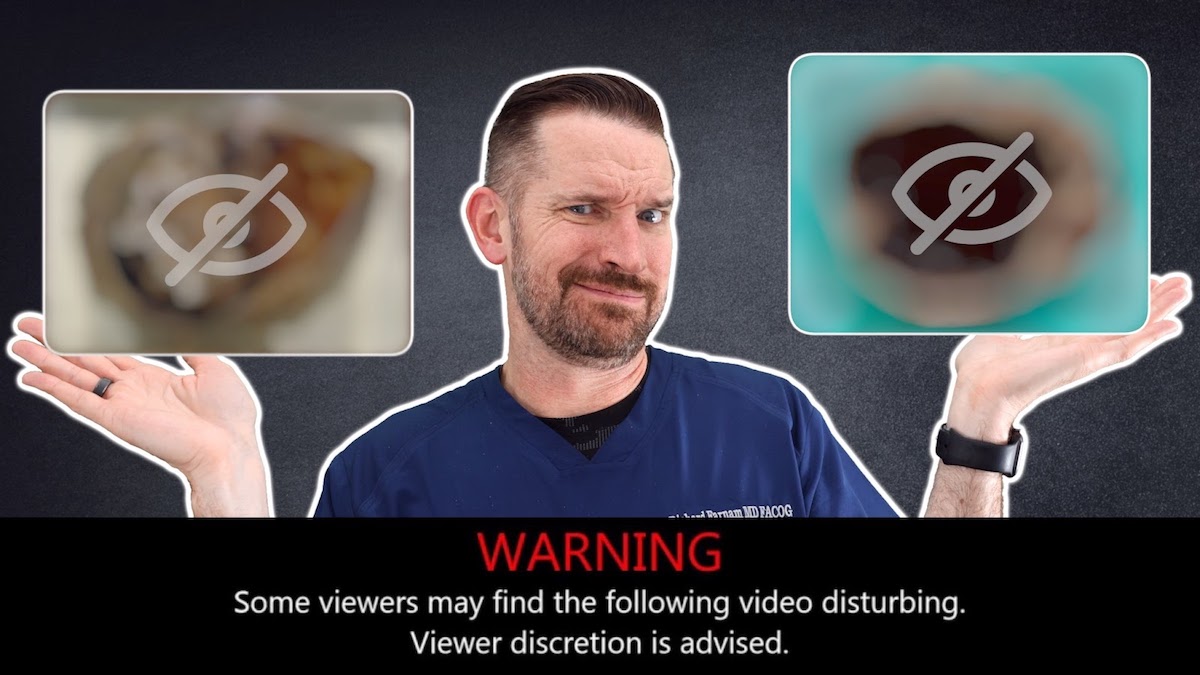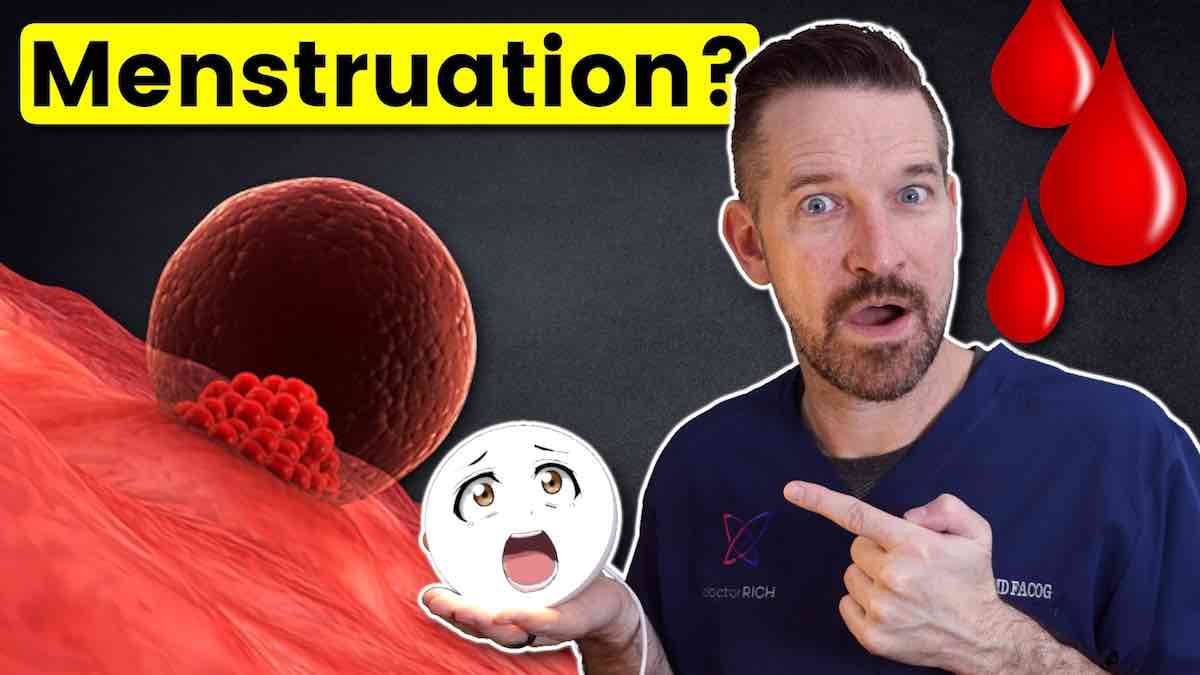Doctor Rich:
Welcome back to the Dr. Rich channel! Today, we’re going to respond to your questions in the comments section of our channel — specifically, “Is it normal to pass out or almost pass out during your period?” Be sure to stick around to the end to read how my patient put an end to her pass-out period pain.
Don’t have time to read this post? Watch the video here instead!
Hi, I’m Dr. Rich, and my passion is to provide every woman with practical knowledge about the world of women’s health. Let’s talk about why you might pass out during your period, how much pain is too much pain, and when you need to see a doctor.
Now, if you follow my channel, you’ll know that we talk about period pains… a lot! But today, we specifically want to reply to a comment made by Bella XYZ:
“Can it be normal to almost pass out because of my period pain? This has happened to me two times. My blood pressure was so low that I was not able to get up from the floor on my own without collapsing again. I’ve never felt worse in my life. At least ibuprofen helped — better late than never…”
So what is it that we’re actually talking about?
The medical term is vasovagal syncope (or if you’re looking for big nerd points, neuro cardiogenic syncope). So what does all that mean? Well, the body’s natural inclination is to preserve blood flow to the heart and brain — above all else. So if you get into a circumstance (whether it’s extreme pain, or dehydration, or anemia, or anxiety) where the body perceives that there’s a threat to oxygen going into the brain, it’s going to say, “Hey, dummy — I’m going to knock you down so I can get you laying flat so that the venous return from the majority of your body (the lower extremities) can return to the heart and then oxygenate your brain!”
So if you listen to your body, it’ll actually cue you in! It’ll give you warning signs or “presyncopal symptoms” such as nausea, sweaty palms, lightheadedness, palpitations of the heart (beating very fast), numbing or pins and needles in your fingers, or even pallor (looking pale or flushed). Listen to your body, and try to attune yourself to what it’s trying to tell you! You may want to sit down or lay down if you start feeling these symptoms… before your body puts you there and gives you a bump on the head for your effort!
Pain for any reason — but particularly painful periods — can trigger this vasovagal symptom (or this fainting or passing out). Also, the fluctuations in the hormones that occur throughout the cycle (but particularly right before you’re about to start your period) can exacerbate or make this worse. And the prostaglandins (or the inflammatory mediators that your body makes during a heavy menstrual flow) can directly cause dilation of the blood vessels that leads to less blood — and therefore less oxygen returning to your heart to go to your brain.
And there’s also fluid shifts that can occur where we have fluid that’s supposed to stay inside all of the vessels and it moves out into your tissue — leaving less available for circulating blood volume. All of these things can increase the risk of passing out during the period.
So several other notable conditions that may make this worse are:
- Anemia: When there’s a lot of blood flow, you actually have less blood available, less oxygen that makes this whole process worse.
- Also, many of the hormonal fluctuations can actually cause insulin insensitivity in your body. There’s some specific conditions, like polycystic ovarian syndrome, that can make this worse — and you can become hypoglycemic (have a low blood sugar)… and that can make you more likely to faint as well.
- And then there’s a separate syndrome called POTS syndrome (or postural orthostatic tachycardia syndrome) that occurs in young women where the nerve reflexes become abnormal and also lead to fainting.
So what do we do about all this stuff?
Well, simply just taking an anti-inflammatory (like a MOTRIN or ibuprofen) before, during, and immediately after your period can decrease the prostaglandins and decrease the vasodilation that you get.
For the hypoglycemia picture, you can use small, frequent meals as opposed to trying to space the meals out or fast.
And keep in mind that there are other underlying medical conditions that can also lead to fainting — that may not specifically have anything to do with your period! And this is when you really need to see a medical provider. There are conditions that could be causing this such as anxiety, drug and alcohol abuse, or seizure disorders (there’s even something called micturition syncope or p-fainters).
So if any of these symptoms or situations sound familiar, please see your doctor to have them evaluated. And also please watch this video here where you can see how Ellie was able to conquer her painful periods with surgical resection of endometriosis.




